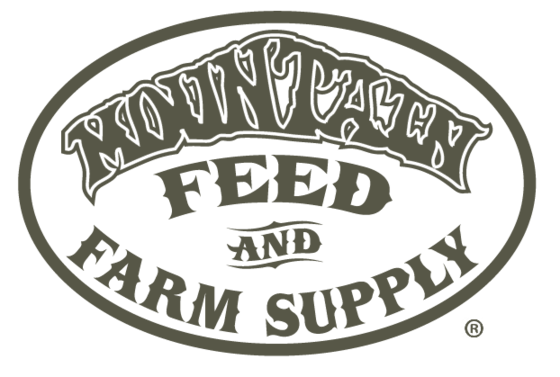- Continue Shopping
- Your Cart is Empty
Whole Leaf Fermented Basil

What You'll Need
Equipment
- mixing bowl
- half pint jar with lid
- pickling weights
Ingredients
- Any quantity of leaves, in 1/4 lb batches
- 1/4 teaspoon sea salt per bunch
The basil plants are still going strong in area gardens, but before long the frost will lay them low. Before this happens, harvest a bunch of leaves to make this ferment. The fragrant leaves acquire a salty sea flavor that makes a pairing with smoked salmon or shellfish seem a natural. Even just tangled in pasta with capers and olive oil, they bring a concentrated, funky basil flavor to a dish. There’s not a lot of brine created by the thin leaves, but that’s ok. This is not a vigorous ferment, so it does not necessarily require an airlock; we just used a Weck jar. This recipe comes from Fermented Vegetables: Creative Recipes for Fermenting 64 Vegetables & Herbs in Krauts, Kimchis, Brined Pickles, Chutneys, Relishes & Pastes, by the fermentation gurus Kirsten and Christopher Shockey.
Directions
Wash the basil leaves, and allow them to dry. Remove individual leaves from the stems.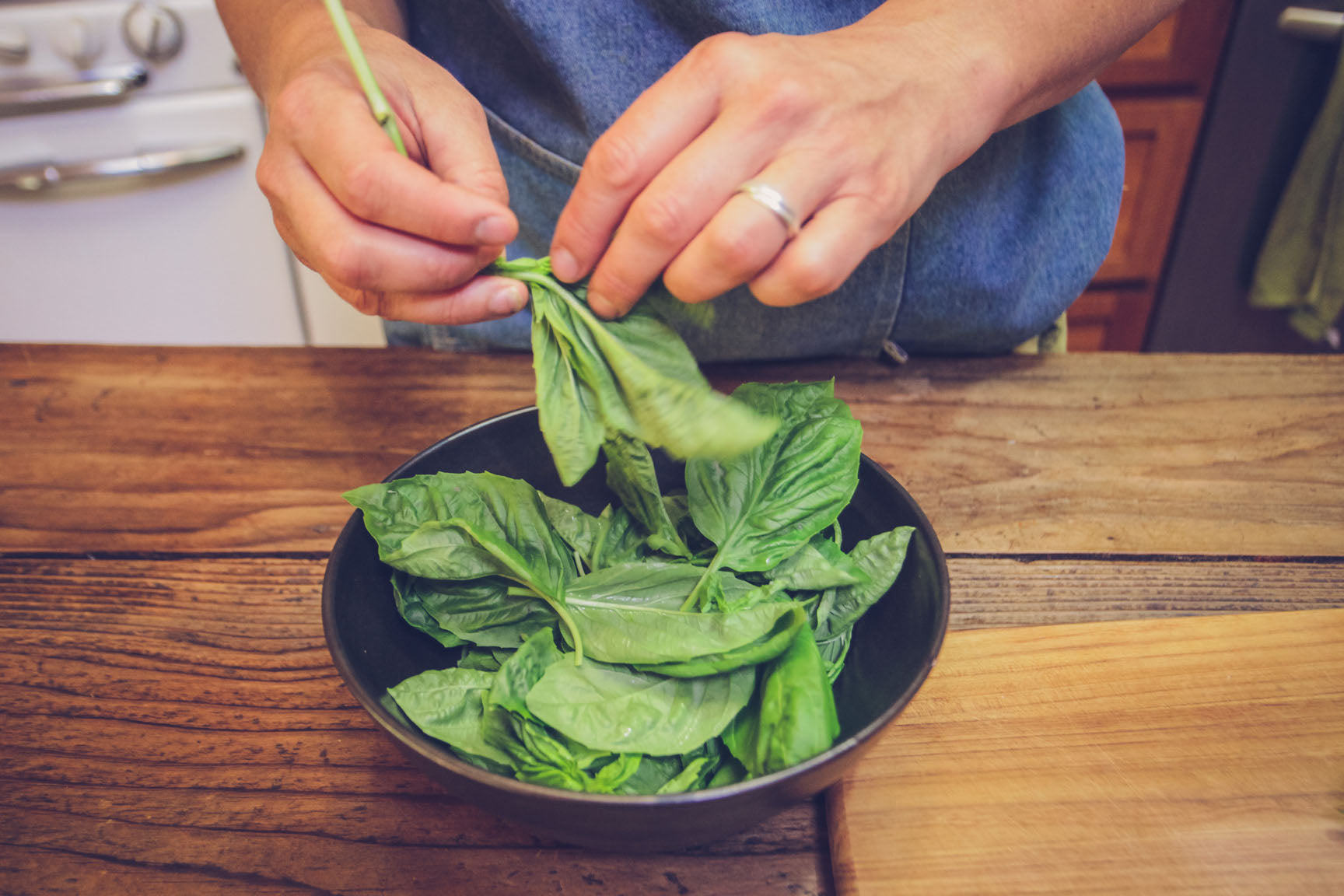
Lightly sprinkle the leaves with salt. 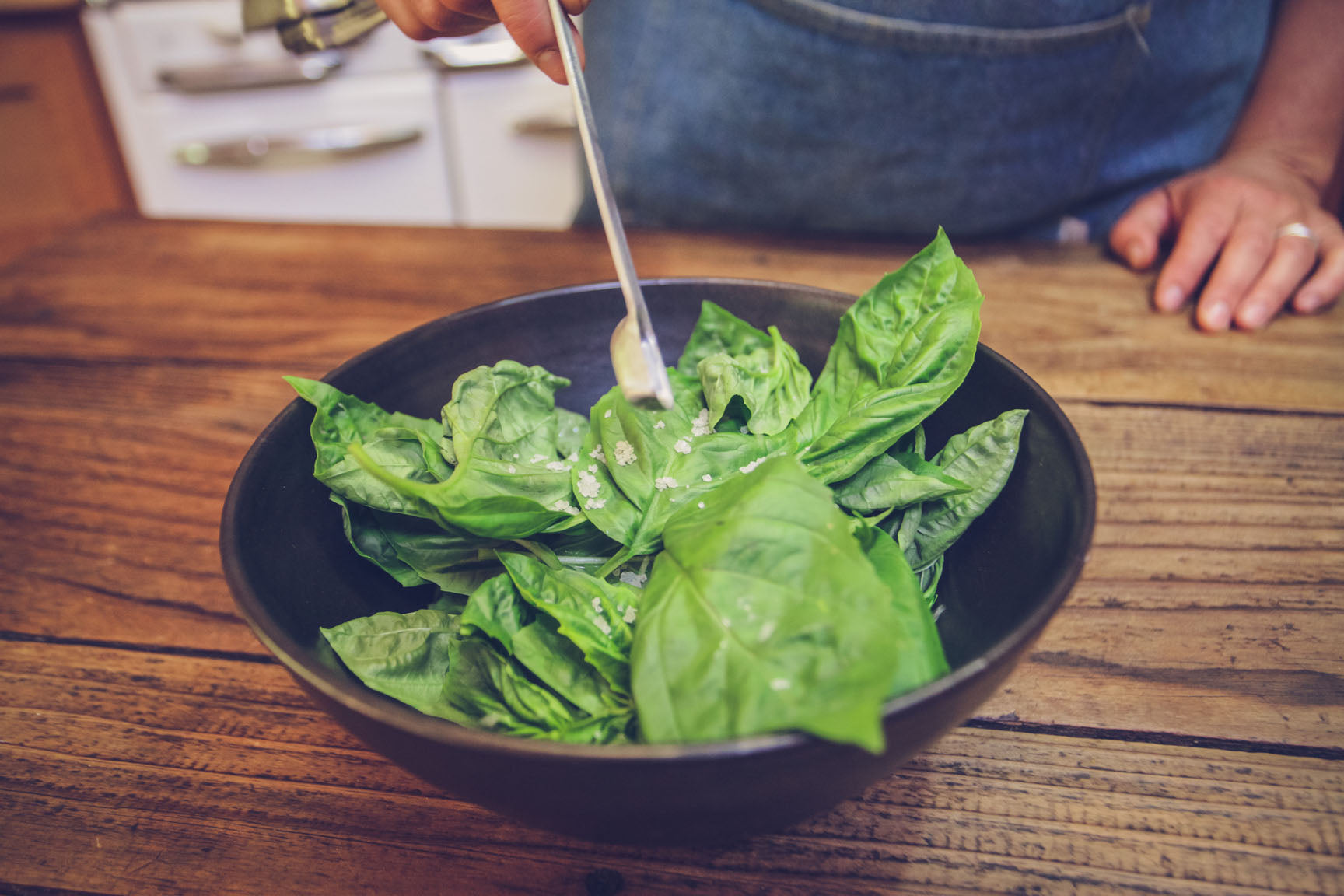 Massage the salt into the leaves, and they will quickly turn dark and translucent, like the seaweed they evoke.
Massage the salt into the leaves, and they will quickly turn dark and translucent, like the seaweed they evoke. 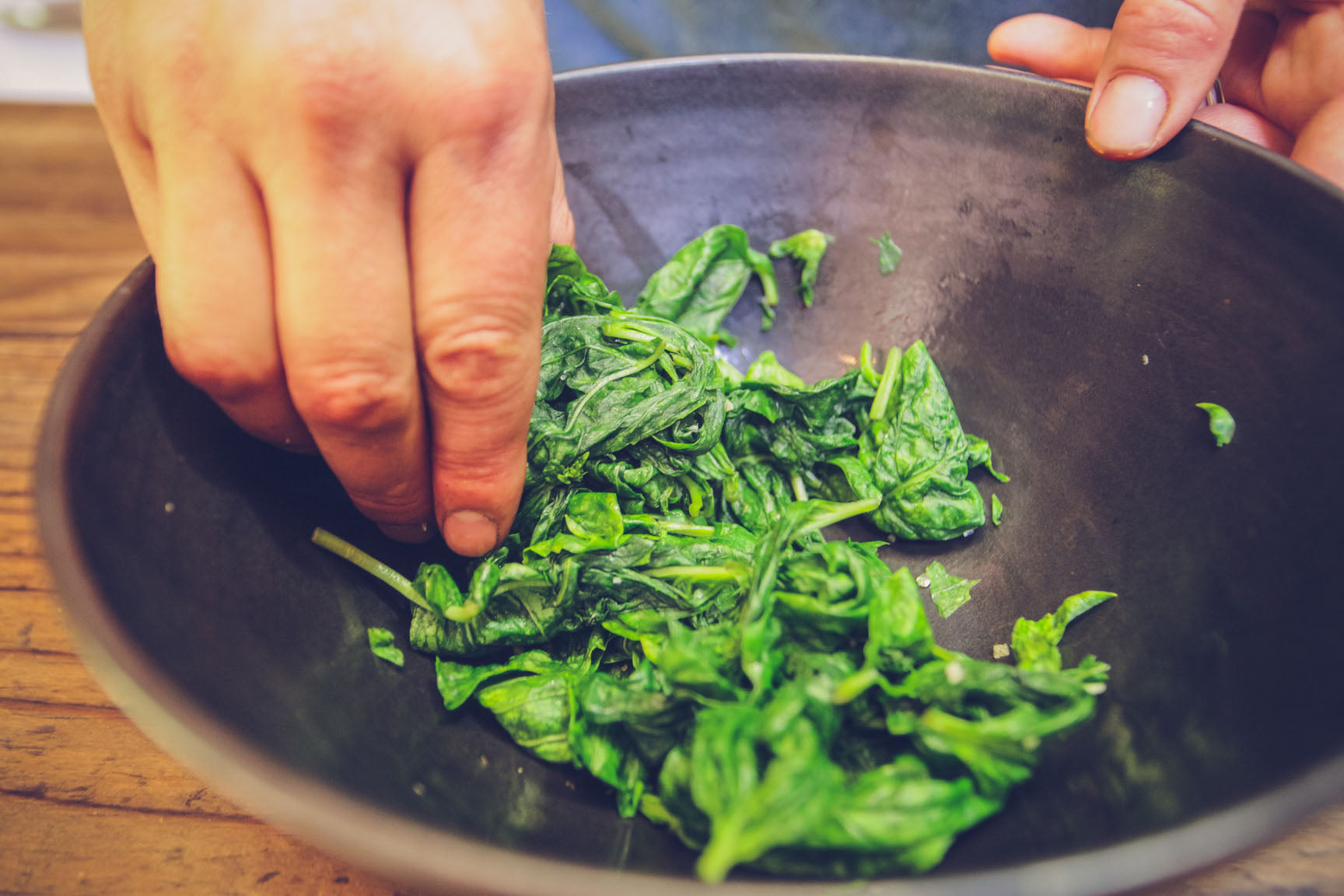
Pack the leaves down tightly into a small jar, leaving no air spaces.  This will create a small amount of dark olive-colored brine. A small weight can help to press the leaves down, if necessary.
This will create a small amount of dark olive-colored brine. A small weight can help to press the leaves down, if necessary.
Secure the lid, and let the basil slowly ferment at room temperature, out of direct sunlight, for 7-10 days, or longer, if a more acidic flavor is desired. When the leaves have acquired a flavor that you like, transfer the jar to the refrigerator, where it should keep for about a year. As you use leaves from the jar, you can fill the empty space with a folded piece of wax paper, to keep the leaves underneath fresh.
To serve, remove individual leaves from the jar, and use as desired. Toss with pasta, capers, and smoked salmon, or add them to salads, omelets, or stir-fry dishes, after cooking is complete, to preserve their probiotic qualities.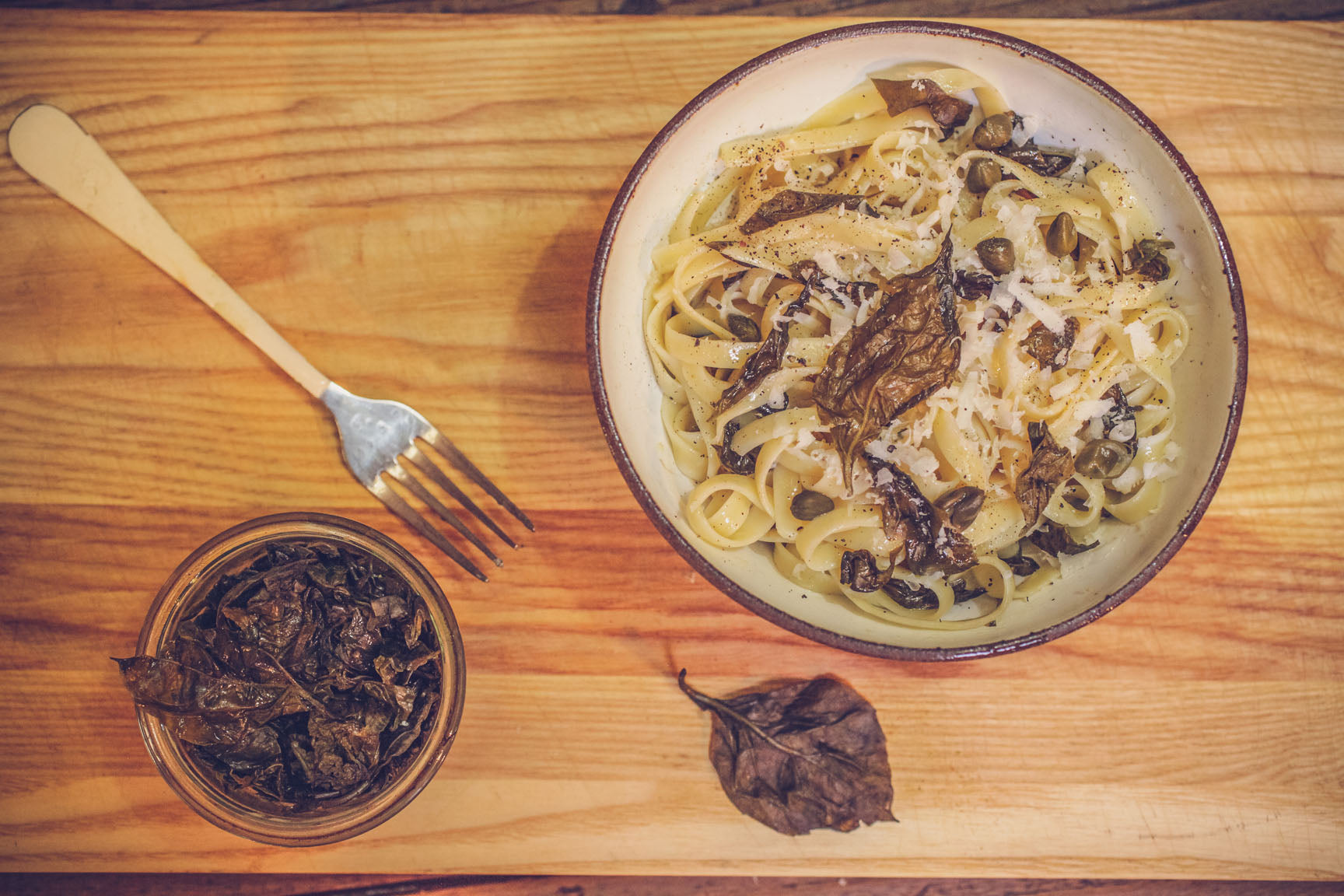
Over to You
It’s part of our mission here at Mountain Feed to help you make delicious, sustainable, homemade food more often. Stop by and say hello on Facebook, Twitter, Instagram or Pinterest. Or, as always, you can do it the old-fashioned way and come by the store to speak with one of our in-house experts.
